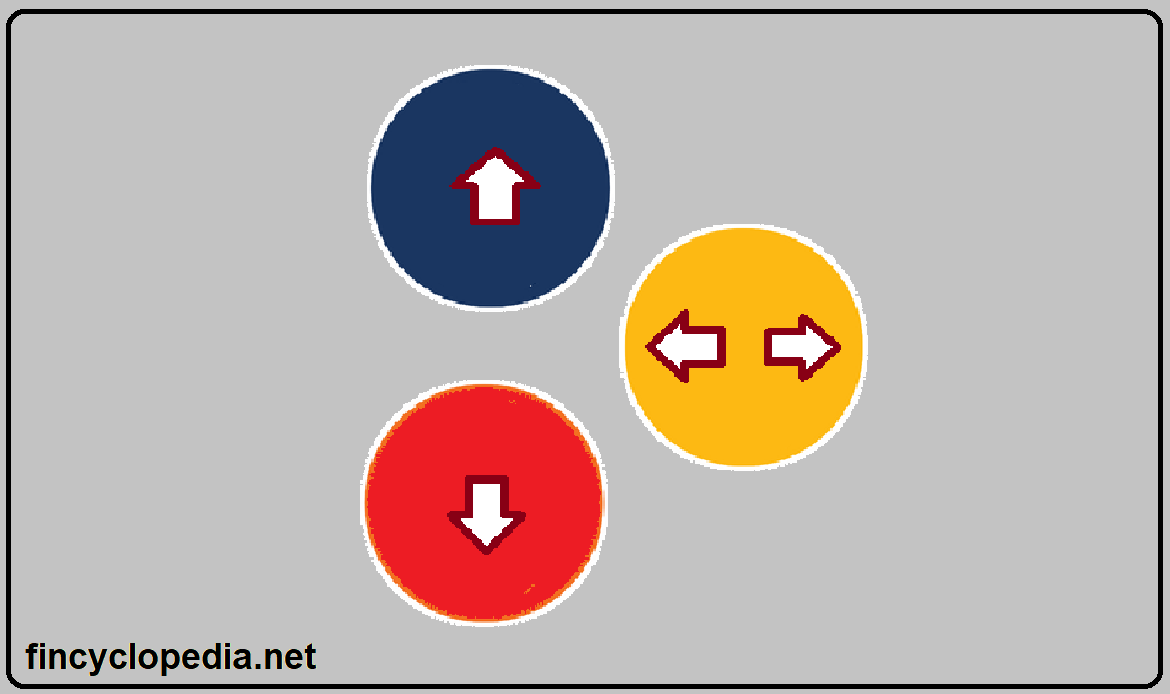Fair value (FV) is the price / exchange price (an amount measured in currency units- CUs) at which an asset could be exchanged in an orderly transaction between knowledgeable, willing parties (e.g., buyers and sellers), at the measurement date. It reflects the highest and best use of an asset upon revaluation (see: fair value of an asset).
For a liability, fair value is the amount that would be paid to transfer the liability to a new party (another debtor) and as such to derecognize that liability (removing it from the statement of financial position).
The main advantages of fair value as a measurement base include the following:
- The fair value method (fair valuation) is characterized by the fact that the items of financial statements are valued on the basis of economic reality where market dynamics are taken into consideration.
- Fair value may provide adequate information users of financial statements such as investors and shareholders to make educated decisions and predictions as to their relationship with the entity.
- It is consistent with the fair expression of the financial statements (statement of financial position, statement of cash flows and statement of changes in equity).
- Fair valuation is consistent with the concept of preserving an entity’s capital, as it better reflects market perception of the value of capital (as opposed to historical cost approach).







